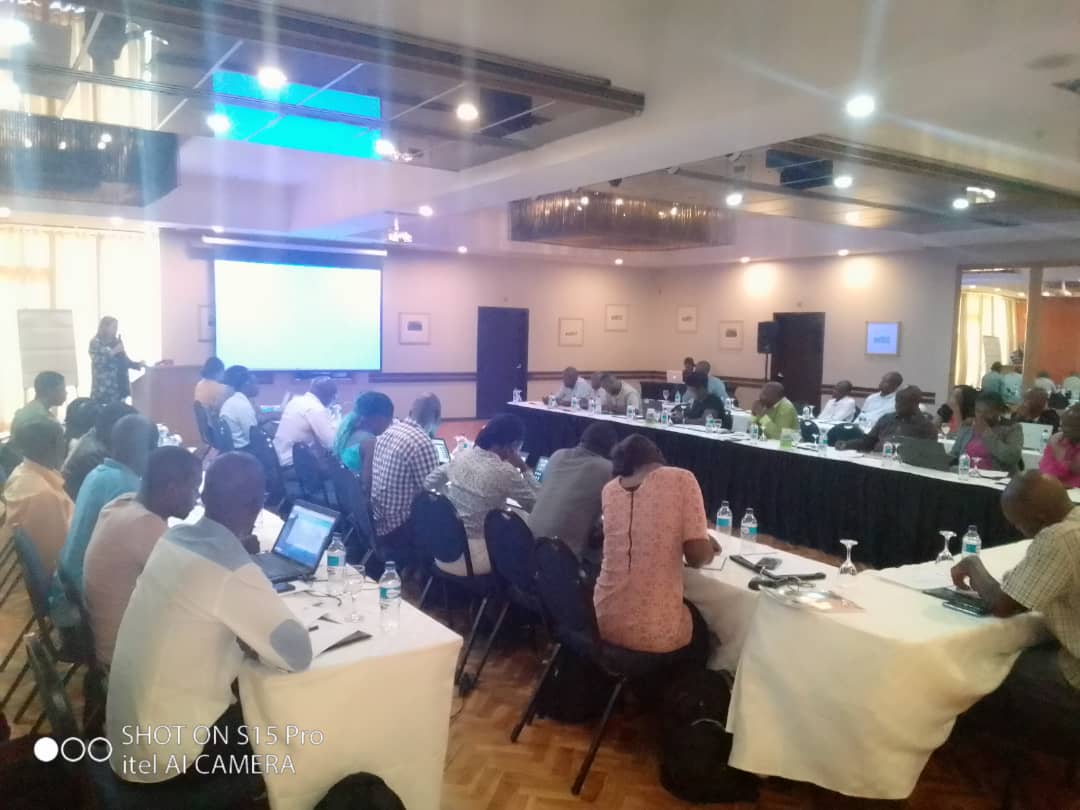Oxfam is working towards enhancing stakeholders’ collective capacity to respond to humanitarian emergencies.
Mirjam Van Dorssen, Country Director of Oxfam in Zimbabwe made the remarks while officially opening contingency planning and emergence response training workshops for stakeholders that rolled to life in Harare on 16 March 2020.
“These two workshops should equip us with knowledge and skills to respond timely and effectively to any emergency that may cost human lives,” Van Dorssen said.
She said Oxfam is committed to manage risks and respond to emergencies in a timely, predictable and effective manner.
“Understanding the risk that threatens people’s health, planning to mitigate the impact, and preparing to respond can significantly save lives and preserve health and well-being. Time spent in contingency planning equals time saved when a disaster occurs. Effective contingency planning should lead to timely and effective disaster-relief operations.”
The Emergency Response Training shall equip all participants with knowledge and skills on how to effectively save human lives in an emergency.
“Our country has been having a series of both slow and rapid onset emergencies including drought, the outbreak of waterborne diseases, flooding and the cyclone Idai, which happened now one year ago, costing human lives, causing suffering and affecting livelihoods. These days, we are preparing for the COVID-19 virus by protection and prevention of spreading. There is a real need for every stakeholder to join hands in emergency response planning to prepare for joint operations,” the Oxfam country director added.
Oxfam is a global movement of millions of people who share the belief that, in a world rich in resources, poverty isn’t inevitable. It is a confederation of 19 independent affiliates operating in more than 90 countries globally.
Oxfam has been working in Zimbabwe since the early ’80s. Oxfam believes in partnership: in working with the government, with other international agencies and local civil society organizations to help save human lives during emergencies, to support the development and to help contribute to a stronger civil society in Zimbabwe, a civil society that is able to represent the poor and marginalized, especially women and young people, to advocate effectively for the allocation of resources to pro-poor development initiatives in national, regional and global development processes.
Oxfam is currently operating in 4 provinces namely, Matabeleland South, Manicaland, Masvingo, and Harare.
Oxfam in Zimbabwe has 4 main thematic areas of intervention. On one hand are the Secure livelihoods meant to help small-holder farmers, especially women and youths in program regions, to have the capacity to manage risks and to achieve food security.
The Empowerment arm seeks to support and empower marginalized women and youths so that they become active citizens who are able to challenge unequal power relations and influence important decisions about their community’s natural and public resources.
The Gender Justice thematic area seeks to enable women to claim their rights to leadership and economic empowerment as well as their sexual and reproductive health rights.
The Humanitarian response arm is aimed at working with partners to respond to humanitarian crises, helping to reduce the risks faced by vulnerable households and to improve their ability to recover after a crisis has struck. Oxfam focuses on water and sanitation, food security and disaster risk reduction.






